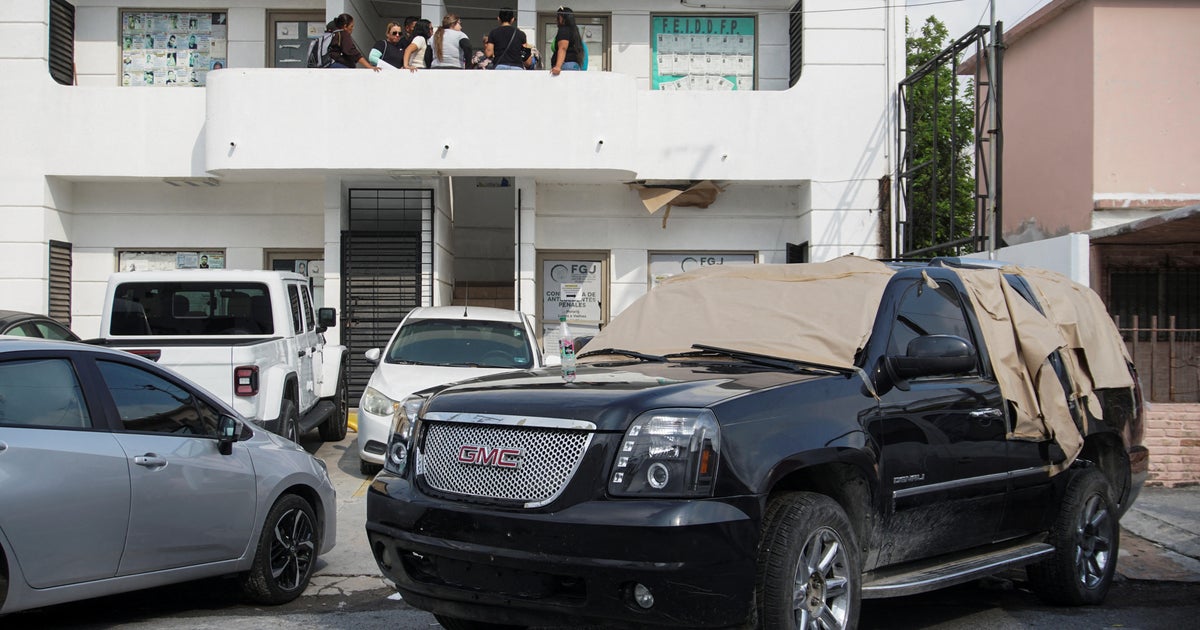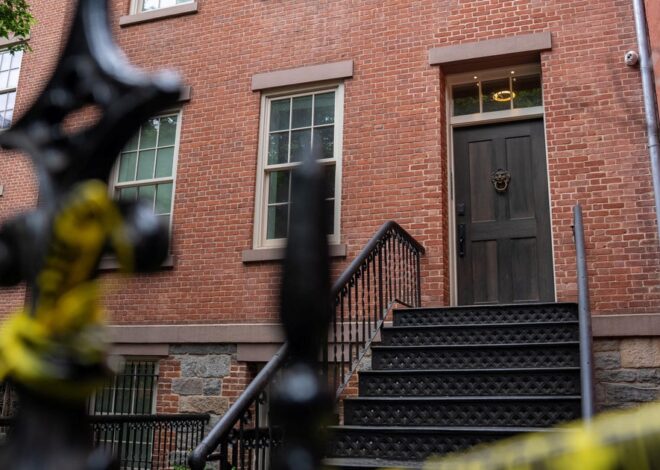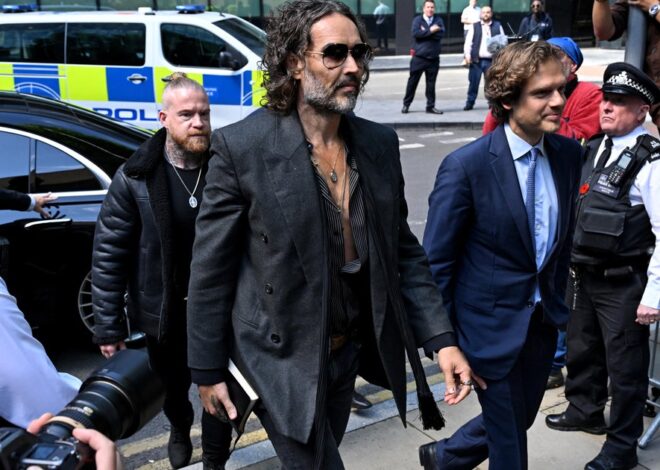
Five Missing Musicians Discovered Dead Near U.S.-Mexico Border; Suspected Cartel Members Detained
Tragedy Strikes Mexican Music Group
The bodies of five musicians from Grupo Fugitivo, a regional music band, were discovered in Reynosa, a city along the Texas border. The musicians, who had been missing since Sunday, played at local parties and dances. Their disappearance sent shockwaves through the community.
Tamaulipas state prosecutors reported that the band members were kidnapped around 10 p.m. while traveling in an SUV to a venue where they were scheduled to perform. Their bodies were found on the city’s outskirts. Nine suspects, believed to be affiliated with a faction of the Gulf Cartel, have been apprehended.
The motive behind the killings remains unclear, though local media speculated that the bodies might have been burned. Relatives of the victims mentioned receiving ransom demands. The musicians, aged between 20 and 40, arrived at what was supposed to be their concert location only to find an empty lot.
Grupo Fugitivo played Mexican regional music-a genre experiencing a sort of global resurgence. This style includes corridos and cumbia, often celebrating figures within drug cartels, painting them as Robin Hood-like characters.
While it’s uncertain whether Grupo Fugitivo’s repertoire included such songs, artists in this genre frequently face threats from criminal groups. Some performers have had their visas stripped by U.S. authorities amid accusations of glorifying violence.
The last contact with Grupo Fugitivo occurred the night they were taken when they informed family members of their plans to perform. Following their disappearance, protests erupted in Tamaulipas-a region long affected by cartel violence-with families urging public support.
Protesters blocked the bridge connecting Reynosa and Pharr, Texas, before gathering at a cathedral to offer prayers for the missing musicians. Reynosa has seen escalating violence since 2017 due to internal gang conflicts over drug trafficking and smuggling operations.
Mexican musicians have historically been targeted by criminal groups who hire them to create songs glorifying cartel leaders. These “narcocorridos” have drawn attention from authorities due to their controversial content. Mexico’s President Claudia Sheinbaum has launched initiatives against such music’s growing popularity.
In regions where “narcocorridos” are banned, incidents like a recent riot during a concert have occurred when artists refused to perform certain songs. Meanwhile, in April, the U.S. State Department revoked visas for members of a band after they projected an image of a cartel boss during a performance in Jalisco.
This controversy arose when Nemesio Rubén “El Mencho” Oseguera Cervantes’ face appeared behind the band Los Alegres del Barranco during their concert. Oseguera leads the Jalisco New Generation Cartel, linked to a ranch used for training recruits and disposing of bodies. The U.S. offers a $15 million reward for his capture.
The Jalisco cartel is one of several Mexican criminal organizations designated as foreign terrorist entities by previous U.S. administrations. While audiences applauded during performances featuring these images, legal actions followed quickly-highlighting ongoing tensions between artistic expression and law enforcement efforts.
This isn’t an isolated case; in 2018, members of “Los Norteños de Río Bravo” were abducted and killed on a highway in Tamaulipas. In 2013, 17 musicians from Kombo Kolombia met similar fates in Nuevo Leon due to alleged ties with rival gangs



